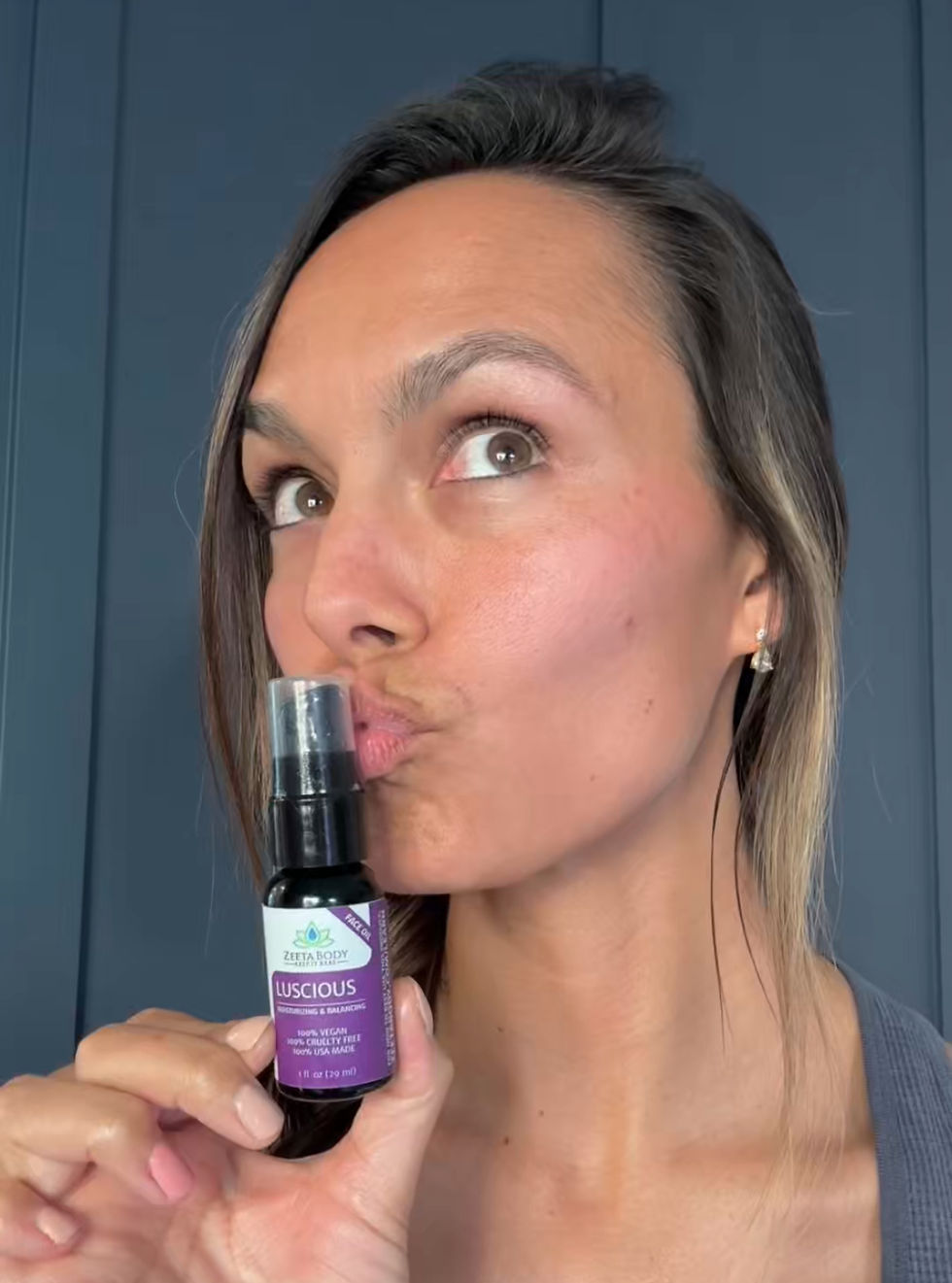7 Ways to get a better night’s sleep
- Christine
- Jan 20, 2020
- 3 min read
Updated: Jan 28, 2023

Sleep. It is so important for our well-being. Having a good night’s rest is critical in improving mood, reducing pain and stress, and boosting the immune system. Sleep helps us make better decisions and even improves memory and the ability to learn! Often times with busy lives, it can be hard to prioritize sleep, despite how good it is for us. However, striving for a good night’s rest is not impossible. Here are some simple tips (proven by science) to make sure you get the best night’s rest possible.
Establish a punctual bedtime and regular wake up time
Aim to go to bed around the same time every night and wake up at the same time every morning. Having a regular sleeping schedule regulates the release of melatonin around the same time every night, signaling to your brain that is time to rest. When you listen to your body’s natural signals to sleep, you end up getting higher quality night’s sleep. Try to stick to this on weekends as well!
Dim the lights after the sun goes down
Your circadian rhythm is synchronized to the daytime by the sun or bright lights. The change of light from day to night allows the brain to reset the body’s internal clock every day. However, when you are exposed to bright lights after the sun goes down, your circadian rhythm can be disrupted, sending signals to the body that it is daytime instead of bedtime. After sunset, avoid bright lights and screens. If you use electronic devices before bedtime, adjust them to “night mode,” or dim the screen brightness.
Avoid Caffeine and Alcohol near bedtime
Although you may be able to fall asleep after drinking a cup of coffee and prefer alcohol to help go to bed at night, these beverages are not recommended for good, quality sleep. Both disrupt your sleep cycle and reduce the likelihood of getting restful sleep. While a few alcoholic drinks are okay every once in a while, it is best not to depend on them as a regular sleep aid.
Exercise
Exercise is so beneficial to our rest and digest responses because it reduces stress and helps synchronize our circadian rhythms - which all lead to a better night’s sleep. For best results, try to exercise a few hours before bedtime to avoid a post-workout energy boost when you are trying to wind down.
Aim for uninterrupted sleep
Aim to sleep for one continuous block at night and avoid napping during the daytime. Uninterrupted sleep is important for ensuring that your body is well-rested. While it is good to get 7-8 hours of sleep per night, your quality of sleep is more important than quantity of sleep in terms of ensuring that your body can function the best during the day.
Avoid eating a large meal within 3 hours of your bedtime
Indigestion can interfere with getting a good night’s rest. If you are hungry around bedtime, aim for small snacks and a few sips of water (to avoid middle-of-the night bathroom breaks!). Eating carbohydrates during your last meal of the day can also help your body fall into sleep mode.
Establish a personal calming routine
Establishing a routine every night before you go to bed is crucial for soothing the mind and preparing for sleep. Wash your face, drink a cup of decaffeinated tea, read a book, do some stretches, take a bath or warm shower, write in a journal, spray Lovely Lavender on your pillow, mediate. A calming routine will signal to your brain that it is time for bed, making it faster and easier to fall asleep.
Using a lavender filled eye pillow, anywhere along the eye brow area, or temples if you're a side sleeper, will stimulate the relaxation response. The following Zeeta Body products contain calming essential oils and can be useful during your evening routine as well:





Comments